Successful conservation efforts pay off for humpback whales
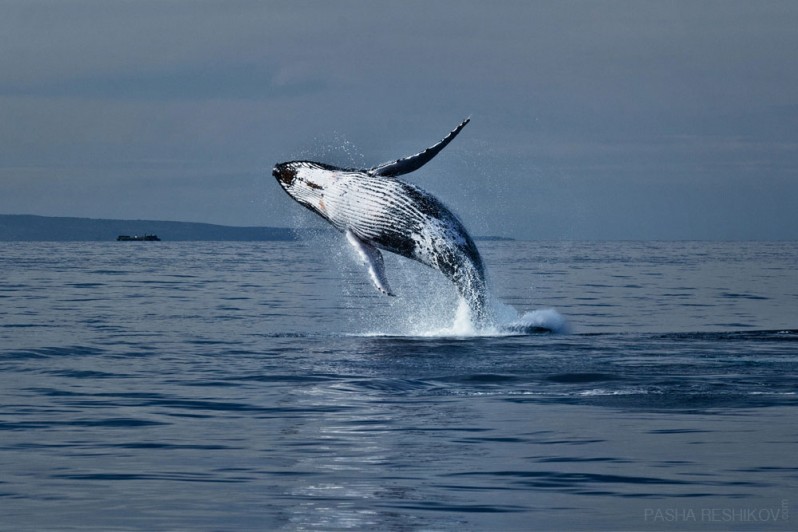
Efforts to protect humpbacks from their most fearsome predator— human beings— are having an impact. The National Oceanic and Atmospheric Administration (NOAA) has announced that most populations of humpback whales are being removed from the Endangered Species listing.
Nutrient pollution is changing sounds in the sea
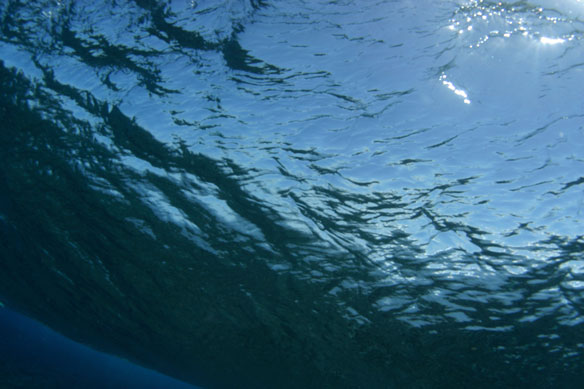
Nutrient pollution emptying into seas from cities, towns and agricultural land is changing the sounds made by marine life — and potentially upsetting navigational cues for fish and other sea creatures, a new study has found.
One of the World’s Biggest Fisheries Is on the Verge of Collapse
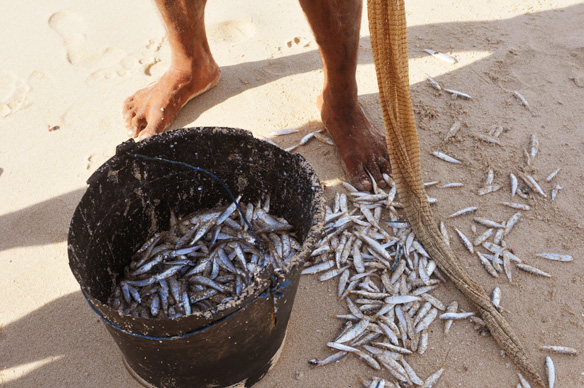
Encompassing 1.4 million square miles, the South China Sea is one of the world’s most important fisheries, employing more than 3.7 million people and bringing in billions of dollars every year. But after decades of free-for-all fishing, dwindling stocks now threaten both the food security and economic growth of the rapidly developing nations that draw on them.
Hawaii Is Now Home to an Ocean Reserve Twice the Size of Texas

President Barack Obama on Friday turned to the ocean to create the largest protected area anywhere on Earth—a half-million-square-mile arc of remote Pacific waters known for both exceptional marine life and importance to native Hawaiian culture.
Sea temperature and the lunar cycle predict the arrival of jellyfish in Israel
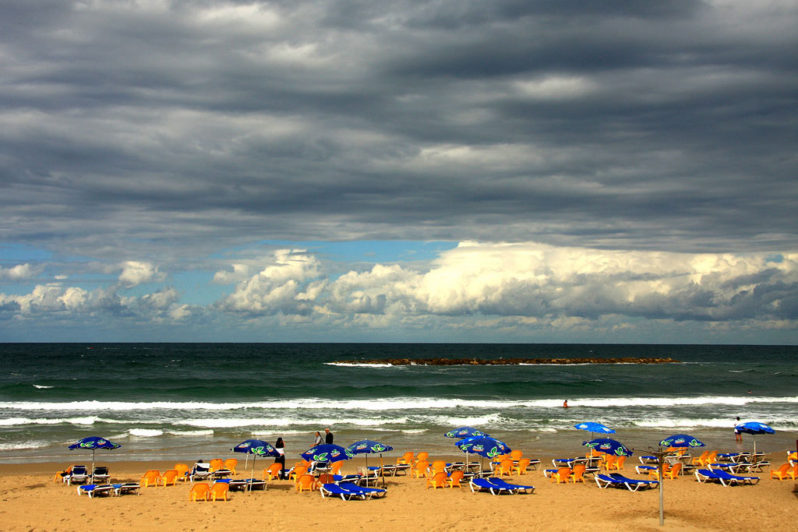
Large swarms of jellyfish reach the coast of Israel when the sea temperature ranges between 28.2 and 30 degrees Celsius and during the full moon, according to a new study. The study reveals, for the first time, the link between sea temperature and the lunar cycle and the arrival of swarms of Jellyfish s along the coast of Israel.
Experts Clash on Age of Land Bridge Connecting Americas
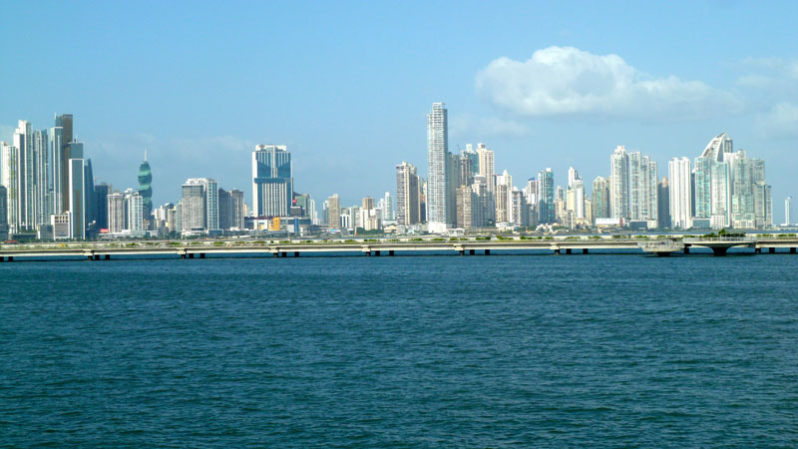
Finding the age of the Isthmus of Panama – the land bridge connecting the Americas -, has even broader implications. “It’s a fundamental question with major consequences for understanding ecology, evolution and the origin of life today in the seas and land of the Americas…”
How Growing Sea Plants Can Help Slow Ocean Acidification
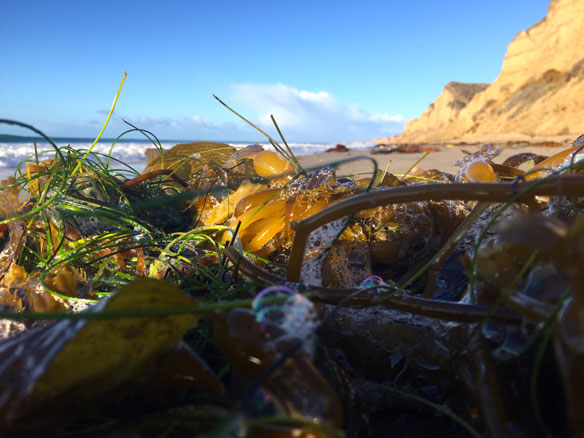
Researchers are finding that kelp, eelgrass, and other vegetation can effectively absorb CO2 and reduce acidity in the ocean. Growing these plants in local waters, scientists say, could help mitigate the damaging impacts of acidification on marine life.
As global per-capita fish consumption hits all-time high, UN warns on overharvesting
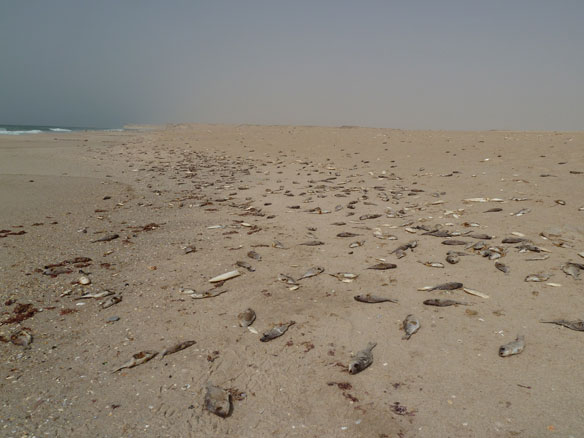
A new report from the United Nations Food and Agriculture Organization (FAO) shows that while growth in aquaculture has helped drive global per capita fish consumption above 20 kilograms a year for the first time, almost a third of commercial fish stocks are now overharvested at biologically unsustainable levels.
African Fisheries Plundered by Foreign Fleets
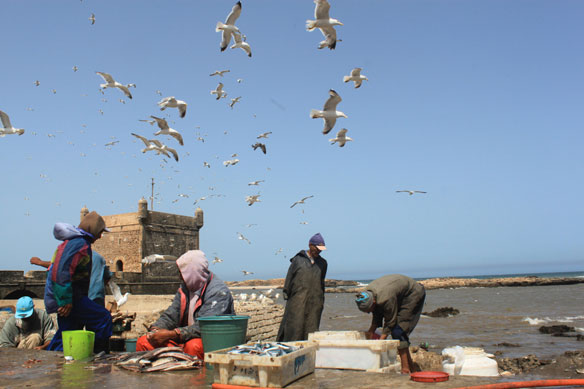
A study to determine how much fish had been taken out of the world’s oceans since 1950 in order to better avoid depleting the remaining populations of fish, found that the global catch was 40 percent higher than officially reported.
